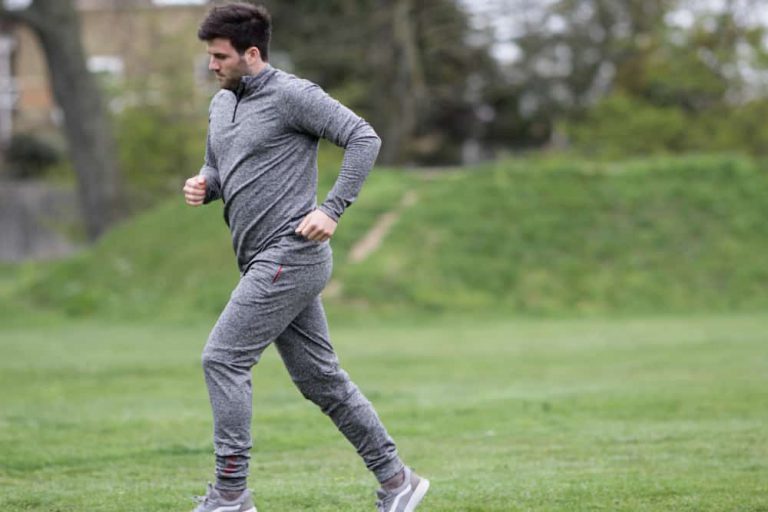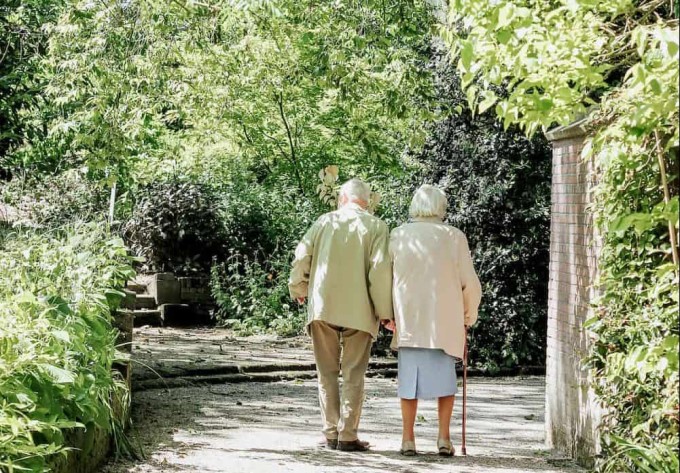What Are Reflexes?
A reflex is an involuntary movement executed in response to a stimulus transmitted to the nerve centre in the brain or spinal cord. Naturally, if movement results, the brain will become aware of such movement and can regulate it somewhat, but the brain cannot control it. For example, when you trip and fall, reflexes automatically command your hands and arms to reach out and break your fall, and your muscles will contract throughout your body to minimize injury. Reflexes perform many essential jobs for our central nervous system. They protect us from danger, they help us move our body and they help us to see.
They are intended to help prevent injury to our bodies, but they are not always entirely effective in totally preventing injuries. An example of this is when you reflexively put your hands out to prevent a fall and in the process injure your wrist.
Why Are Reflexes Important?
Having good reflexes aids performance in sports, exercise, and everyday physical activities like crossing the street, driving and working while poor reflexes can be an underlying reason for faulty movement and injury. Reflexes and reaction time do have a surprisingly large bearing on our ability to avoid any undue injury.
Some people have faster reflexes and reaction time than others. However, you can improve your reflexes by doing exercises specific to the reflex that you want to improve.
How Do I Improve My Reflexes and Reaction Time?
There are some very practical ways in which you can improve your reflexes and reaction time. If you were a drummer for example, and you wanted to improve the speed of your finger and hand reflexes you could practice hand and finger exercises. People who play a sport that involves running should do exercises that improve reflexes in their feet, calves and knees. Your reaction time can become reflective if you practice exercises designed to stimulate reflex responses.

Practical Reflex Exercises
Running is an effective way to improve all of your reflexes. Running through a winding track or an unfamiliar area forces your brain to constantly assess all of your surroundings such as upcoming obstacles and uneven terrain to avoid slips and falls.
Training your peripheral vision is also an effective way to improve your reflex action to objects and people approaching you from the side by focusing your eyes on a distant object. Keep your eyes on the object and then try to identify objects in your peripheral vision. Practice this a few times daily and as your vision improves, your automatic responses to objects and people approaching from the side out of your direct line of sight will improve.
You can also try a number of ball games to improve your hand reflexes and your eye-hand coordination. An example exercise is throwing a small ball against a wall and trying to catch it. The harder you throw the ball, the faster you will have to catch it. Start by standing close to the wall and throwing the ball gently. As your reflexes improve, move farther away throw the ball harder.
Reflexes and Age – Does Age Affect Reaction Time?
Doing regular reflex exercises is important as reflexes are known to slow with age. As you get older you might not react as quickly as you could in the past, as a result of a number of physiological factors.
- Physical changes in nerve fibres slow the speed of conduction and the parts of the brain involved in motor control lose cells over time. This can negatively effect your reaction times.
- You might find that you have a shorter attention span, making it harder to do two things at once. This can make your reaction time slower, as you take longer to focus on new information coming to you.
- Stiff joints or weak muscles also can make it harder to move quickly. Loss of feeling or tingling in your fingers and feet can make it difficult to steer or use the foot pedals of a car for example. This is why some Australian states have introduced legislation dictating that elderly people have regular medical assessments in order to keep their driver’s licence.
The effect of age on reflexes and reaction time varies tremendously from person to person however you can slow down the effect of aging by staying physically active.

Reflexive Injuries
Reflexive injuries are unfortunate, but can sometimes seem unavoidable. But did you know, that being injured as a result of a reflexive movement in a public place or even at work can make you eligible for compensation?
As part of our personal injury and workers compensation services, we can help you to gain compensation for medical costs among other things. At GC Law we’re dedicated to fighting for the rights of everyday Queenslanders. Contact the GC Law team today!